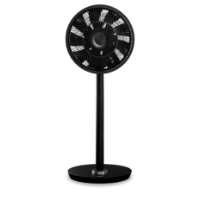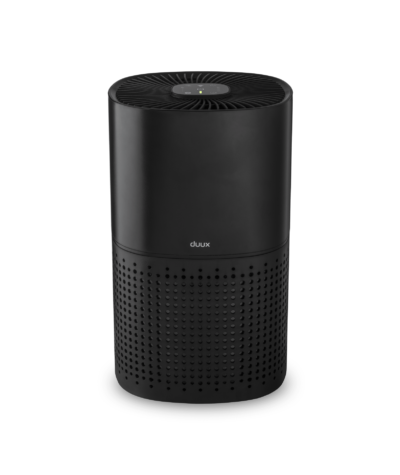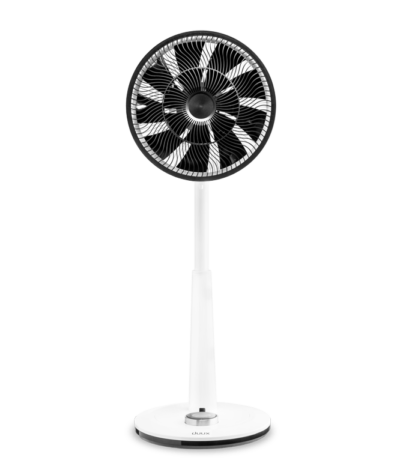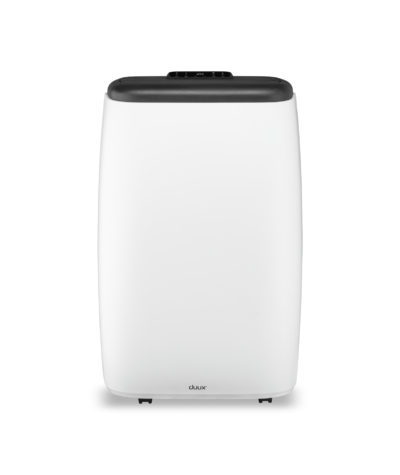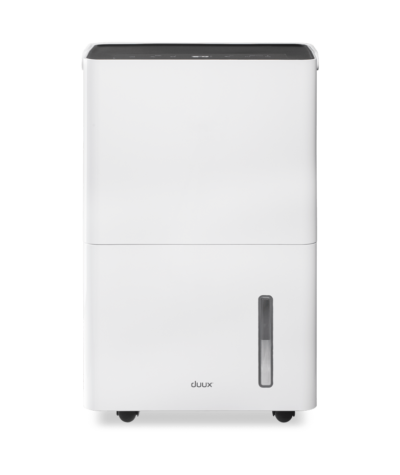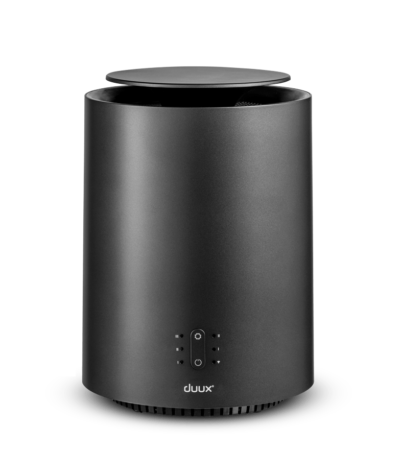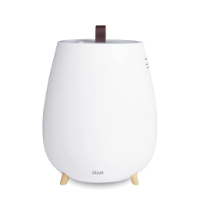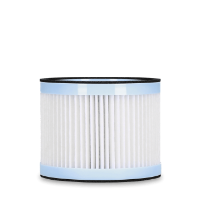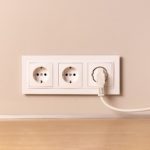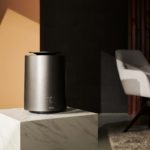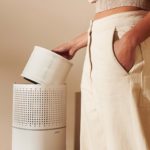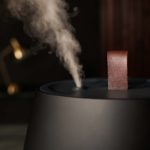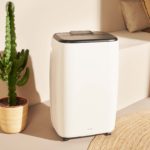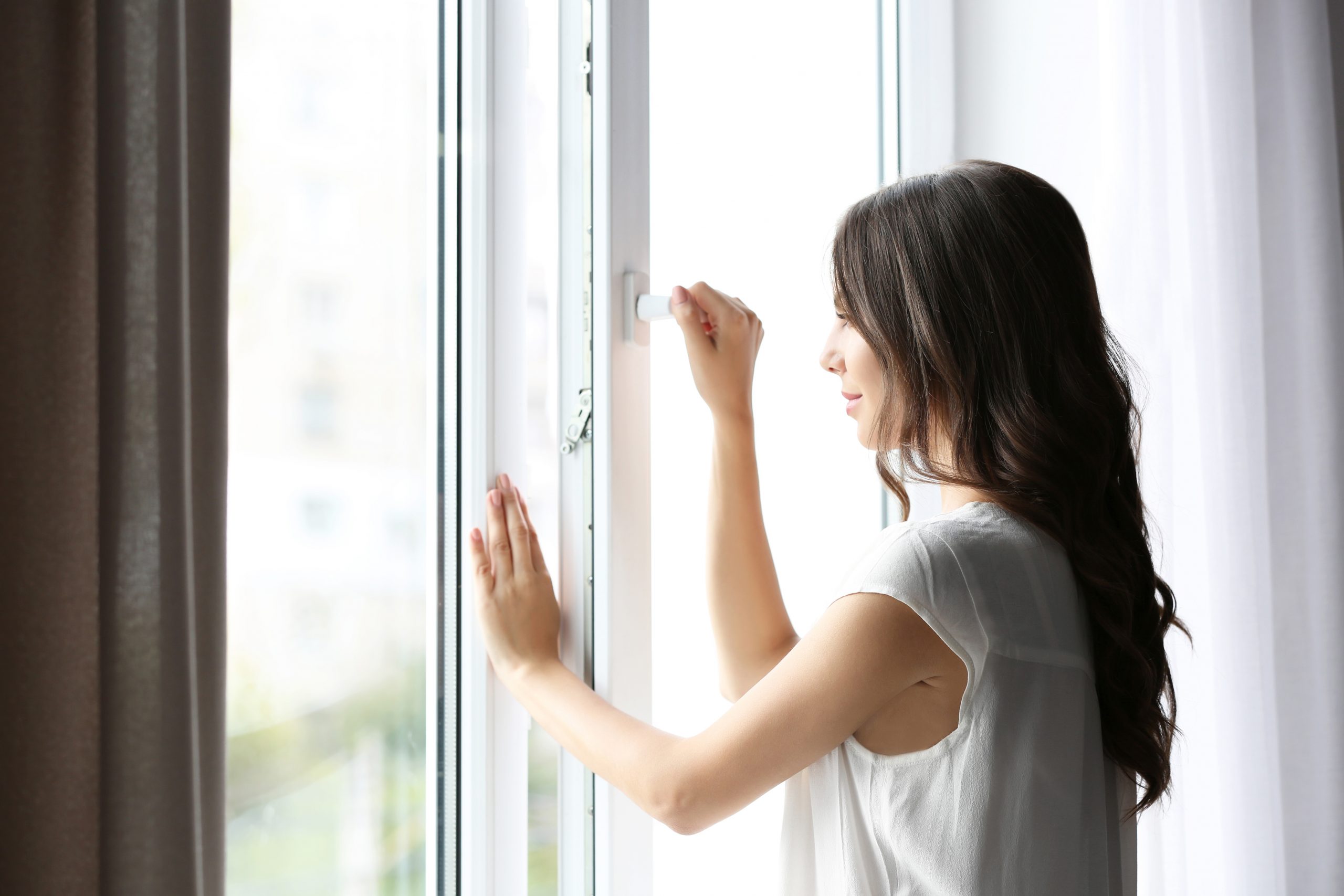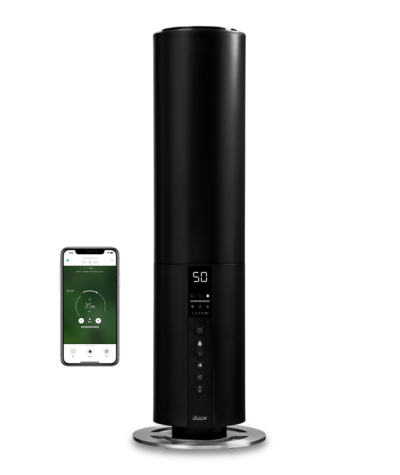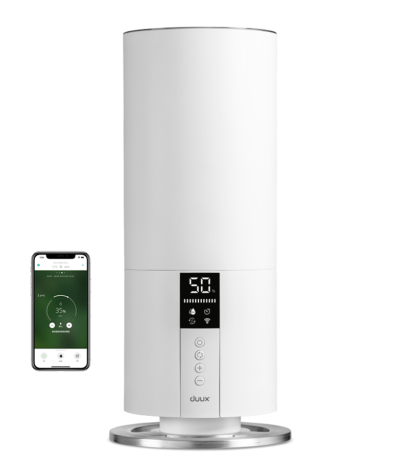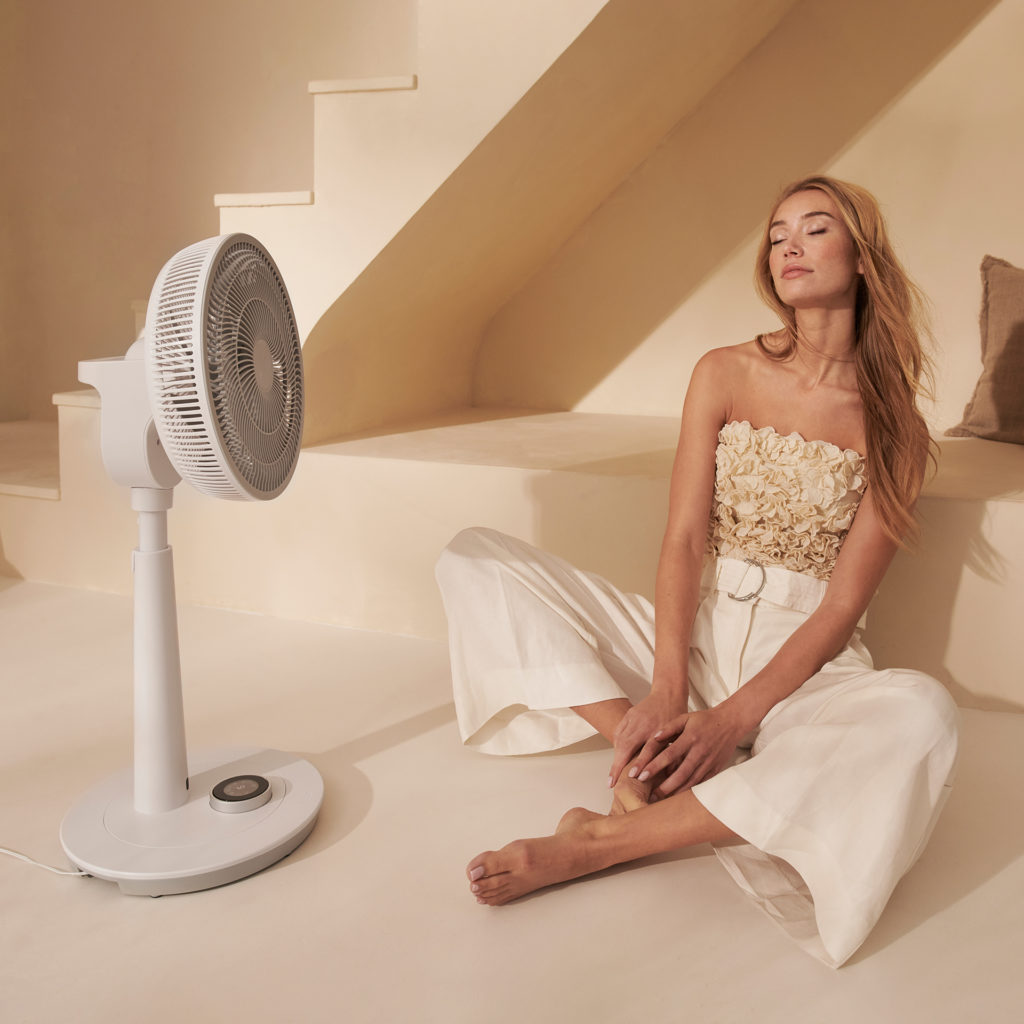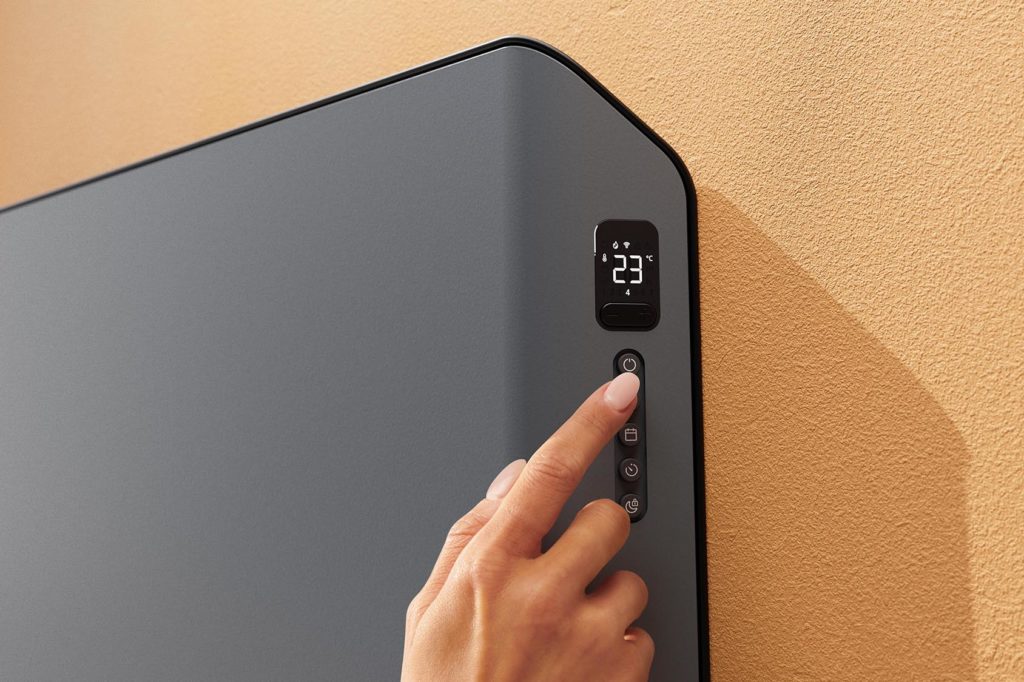Scientists: "Increase humidity in battle against Corona."
"Increasing the humidity in buildings, especially in winter, can help in the fight against the Coronavirus." That is the opinion of two Delft professors, who are supported by the European RIVM and various scientists worldwide. Various Dutch media reported on this this week, including AD, De Telegraaf, RTL News and BNR. You can listen to the entire news clip from BNR on Thursday 7 January below:
As the temperature in the Netherlands is slowly dropping, the air's capacity to contain water vapor is also decreasing, resulting in low humidity. Humidity is expressed in percentages and is optimal at a percentage of 50 percent, according to the RIVM. When humidity is relatively low, virus particles drop less quickly; making it easier for them to spread in the air. Not only are virus particles transmitted more easily, they can also infiltrate deeper into the lungs.
"The colder it is outside, the drier the air gets inside."
Bas van de Wiel
Although low humidity is difficult to observe without a hygrometer, there are several symptoms of dry air that you can easily recognize yourself. Complaints like dry skin, eyes or lips, irritated airways, headaches, fatigue or a stuffy nose indicate that the indoor air is (too) dry. But static electricity and cracks in a wooden floor or furniture also indicate a relatively low humidity.
Besides the fact that low humidity causes unpleasant symptoms, it also plays an important part in the spreading of COVID-19 and other viruses. To reduce the chance of virus particles spreading, it is therefore important to increase the humidity in your home or office. You can do this effectively with a humidifier, such as Duux Beam (Mini) or with one of the tips below:
1. Do not turn up the heating too high
When it gets colder outside, many people tend to turn up the heating (extra) high. In combination with the dry outside air this can cause the indoor humidity to drop significantly. Tackle the problem at its source by not turning the heating over 21 degrees. When you're not at home or going to sleep you can turn the heating down or even turn it off; the ideal indoor temperature at night is around 15 degrees.
2. Air your home
By opening windows or air vents more often, you create an influx of fresh air into your home. As the outside air is usually drier in winter than in other seasons, it is best to do this on rainy days. Not only does this help with low humidity, but it's also good to improve indoor air quality.
3. Do-it-yourself
By placing a bowl of water on the heater you can partially imitate the effect of a humidifier. The temperature given off by the heater causes the water to heat up and evaporate, thereby spreading humid air through the room. Letting the laundry dry on a drying rack or showering with the door open also has a positive effect on low indoor humidity.
-
Beam BlackOriginal price was: €189.99.€89,99Current price is: €89.99.
-
Beam Mini White€139,99
